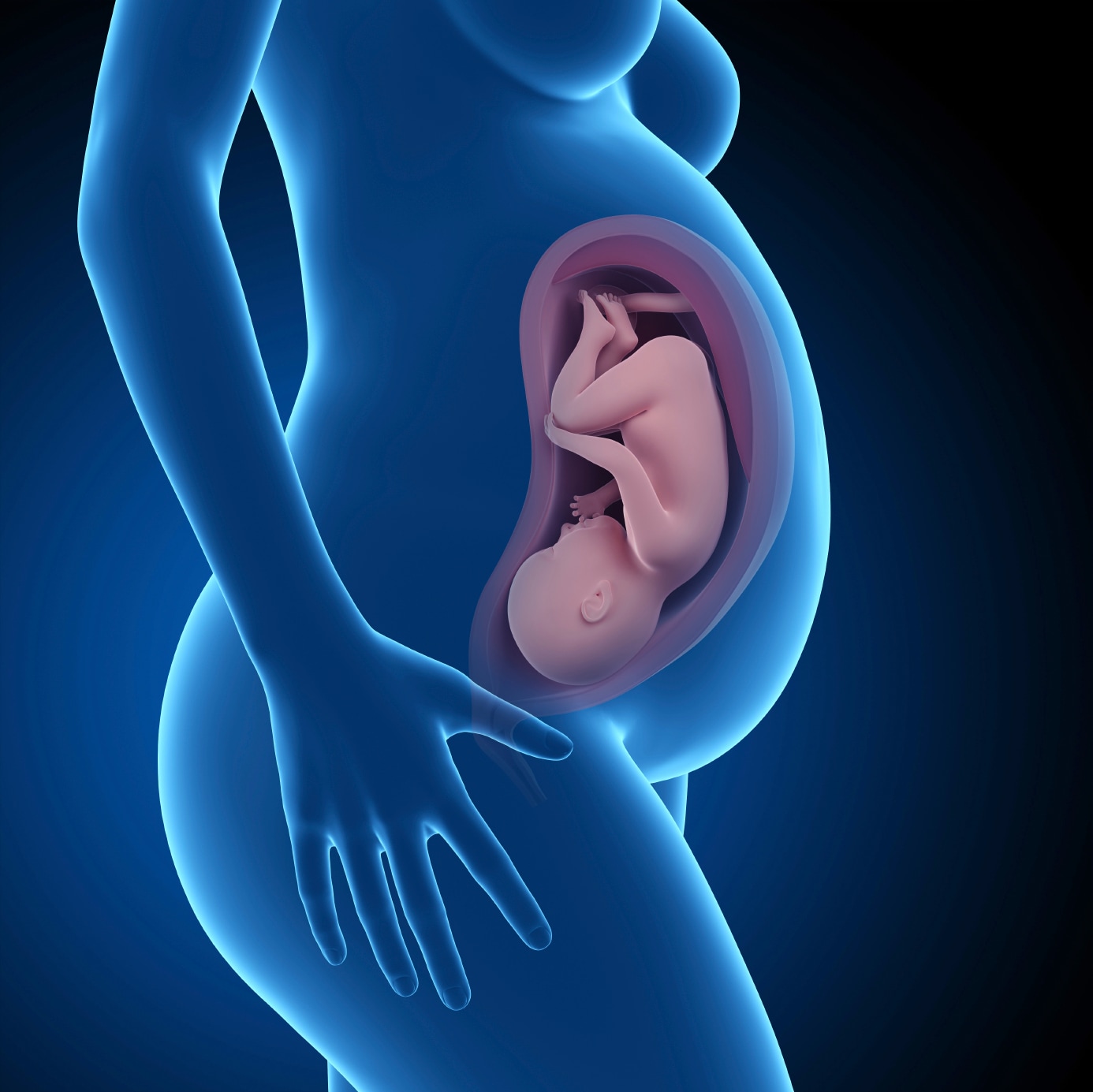The rate of foetal alcohol spectrum disorder (FASD) in the United Kingdom could be as high as 17%, new research led by the University of Bristol suggests.
The modelling study used data from the Avon Longitudinal Study of Parents and Children (ALSPAC) which recruited 14,541 pregnant women with expected delivery dates between 1st April 1991 and 31st December 1992 from the Bristol area of the United Kingdom. Using Canadian guidelines for the diagnosis of FASD, screening algorithms were developed and applied to the ALSPAC dataset. A positive FASD screen was defined as problems with at least 3 different areas of learning or behaviour, with or without physical anomalies (growth deficiency and distinctive facial features, which include a smooth philtrum, thin upper lip and small eye openings).
The analysis showed that up to 79% of children were exposed to alcohol in pregnancy. Six per cent of children screened positive for FASD in the single imputation analysis method, 7.2 per cent in complete case analysis and 17.0 per cent in the analysis with multiply imputed data.
Dr. Raja Mukherjee, who runs the National Clinic for FASD, said the results show that “there are likely to be many individuals with this disorder already out there who are being missed”.
"It shows that it is a disorder that is seemingly hidden in plain sight that we need to pay attention to. Unless we start looking for it, we will continue to miss it. If we fail to diagnose it then those affected individuals will continue to be affected by a lack of support and have subsequent impact on them and wider service. These results can be the first step in helping us in the United Kingdom to realise it is no longer a condition we can ignore," Dr. Mukherjee said.



